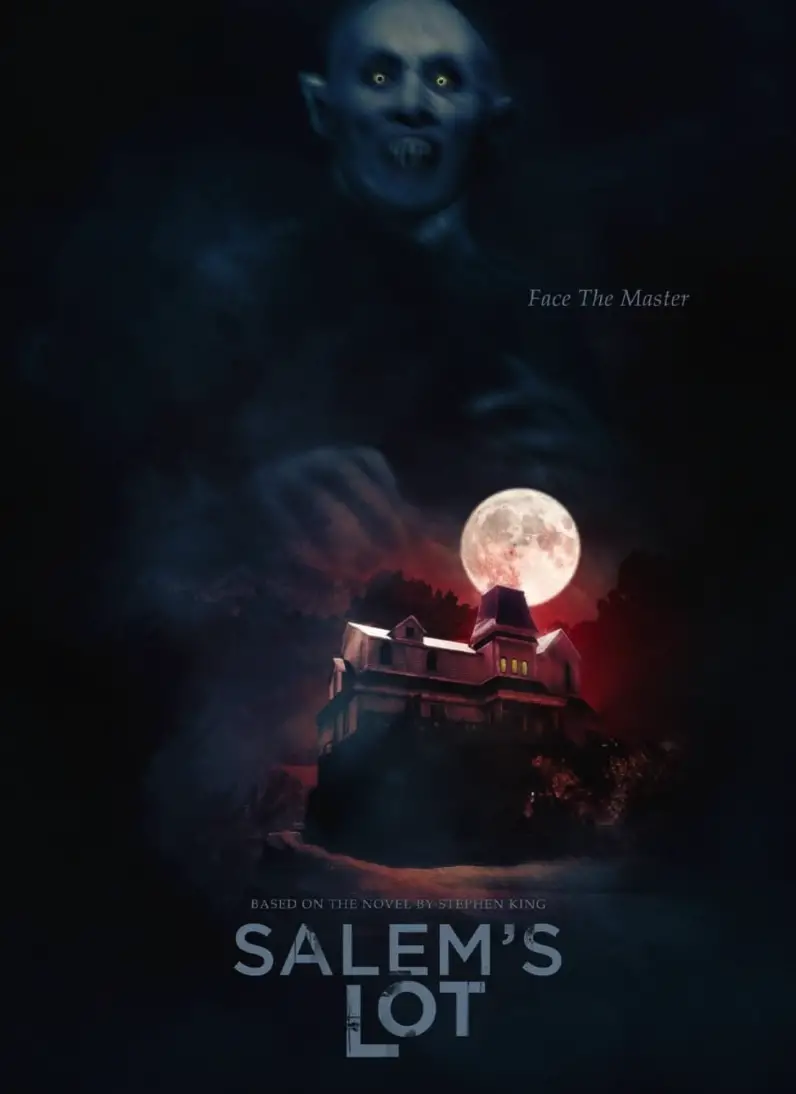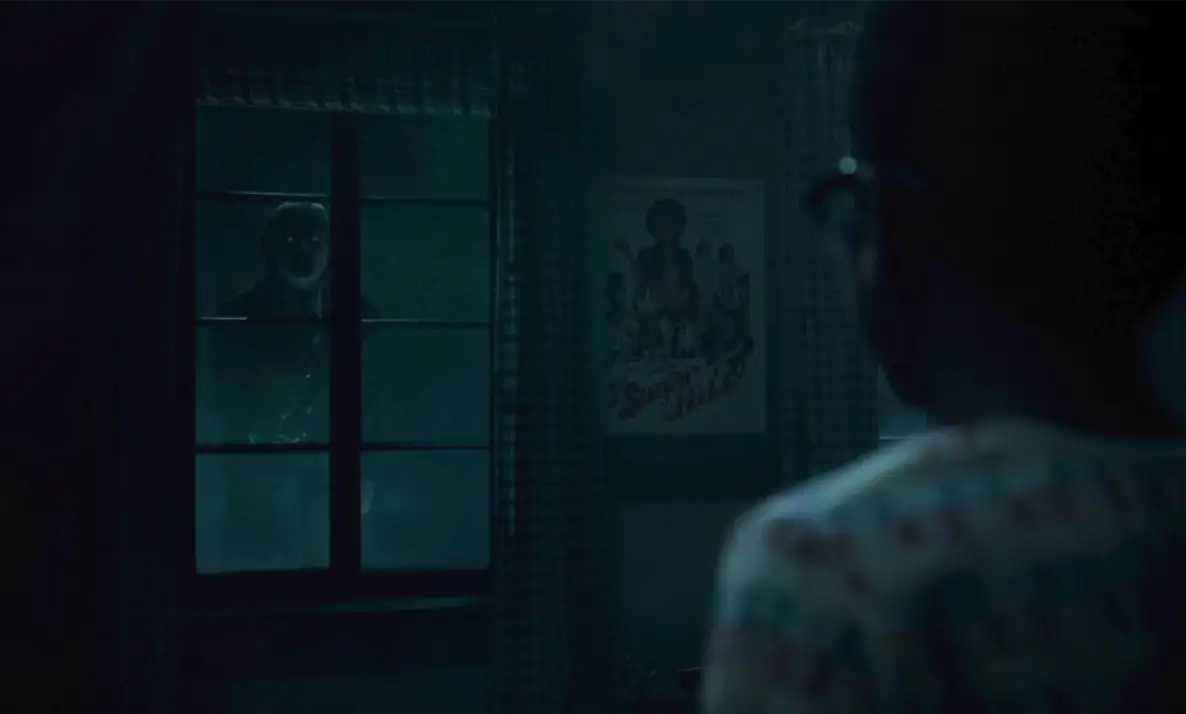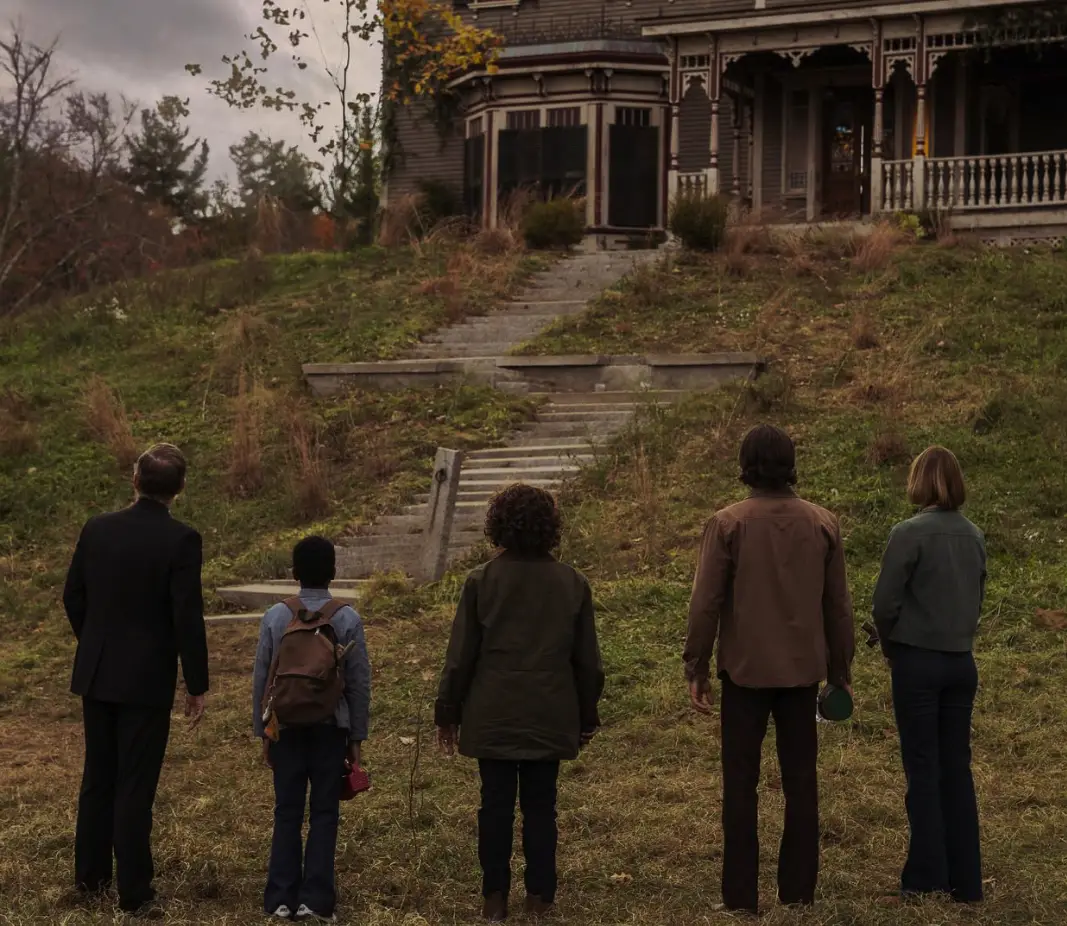Everything gets a reboot. Even fear.
But some reboots are more anticipated than others, and Stephen King’s Salem’s Lot has long held a special place in horror’s grim catalog. As one of King’s earlier works, originally penned in 1975, Salem’s Lot remains a touchstone of vampire fiction, and it’s about to rise from its coffin once more—this time, under the direction of Gary Dauberman.
Mark your calendars. Salem’s Lot arrives on Max on October 3, 2024, promising to reintroduce terror in a slow-burn, old-school style that Stephen King himself has praised. It’s not every day you get the author’s blessing on a new adaptation, but King’s endorsement has only heightened the anticipation. Earlier this year, King took to Twitter, commending the film’s craftsmanship: “I’ve seen the new SALEM’S LOT, and it’s quite good. Old-school horror filmmaking: slow build, big payoff.”
This endorsement, of course, brings with it the weight of horror history. Many fans may feel they’ve seen this story play out before. After all, Tobe Hooper’s 1979 adaptation of Salem’s Lot still stands as a cult classic, a relic of vintage horror that continues to inspire filmmakers today. So what should we expect from Dauberman’s 2024 take? Should we brace ourselves for something new, or embrace the echoes of what’s come before?
Returning to 1975: Nostalgia or Timeless Terror?

Salem’s Lot 2024 is rooted in the past, set circa 1975, the same era when King’s novel was first released. For some, this decision to stay true to the original timeframe may spark a sense of nostalgia. Others might wonder if the film can capture the essence of ‘70s horror without feeling outdated in today’s fast-paced, digital world of jump scares and CGI monsters.
But that’s where Dauberman’s approach might surprise you. Known for his work on films like Annabelle Comes Home and The Conjuring: The Devil Made Me Do It, Dauberman is no stranger to horror that knows how to creep under your skin. His style is often one that lingers—letting tension build, letting shadows flicker just long enough for your imagination to fill in the gaps. It’s a far cry from the constant barrage of scares we’ve become accustomed to in modern horror. Maybe that’s exactly what Salem’s Lot needs: time to breathe, time to let fear fester.
A Cast That Breathes Life into the Dead

The upcoming film boasts an ensemble cast, featuring Lewis Pullman as Ben Mears, the author returning to his hometown of Jerusalem’s Lot, where something far more sinister than writer’s block awaits him. Mackenzie Leigh, Alfre Woodard, and Bill Camp join the lineup, alongside seasoned actor William Sadler and Game of Thrones alum Pilou Asbaek.
This cast, combined with Dauberman’s creative team—director of photography Michael Burgess and composers Nathan Barr and Lisbeth Scott—suggests a layered, atmospheric approach. These aren’t the names attached to a cheap thrill ride; this is a film aiming for something more substantial, possibly more haunting.
Can Salem’s Lot Scare Again?

It’s a question that haunts all vintage horror remakes: can a story that terrified audiences in 1979 still chill us to the bone in 2024? Or has our fear evolved, leaving these old vampires toothless?
If you’re worried that you won’t feel the same terror you did decades ago, perhaps it’s time to adopt the “museum mindset.” Just as we look at old paintings or sculptures and appreciate their craftsmanship, we can do the same with horror. King’s story, at its core, isn’t just about vampires—it’s about isolation, loss, and the darkness that festers in small towns. Those themes, presented in Dauberman’s capable hands, have the potential to resonate even now.
So maybe, if you find yourself no longer scared by the classic tropes of vampires and small-town dread, look closer. Look for what’s beneath the surface. Sometimes, it’s not the blood that frightens, but the slow, creeping realization that horror, like time, never really changes—it just waits.
Come October 3, 2024, maybe you’ll find yourself scared again. Or maybe, as King’s Salem’s Lot reawakens, you’ll rediscover something else: an appreciation for the craft of horror that transcends time, and the chilling reminder that some things—especially in Salem’s Lot—never die.



